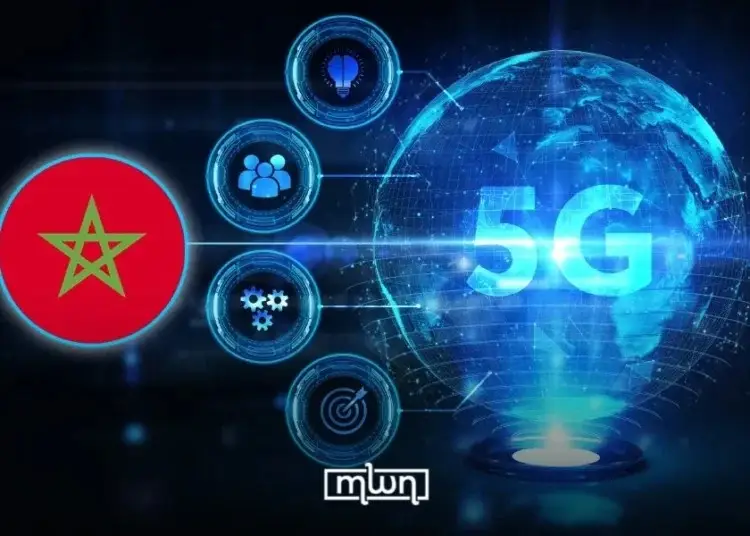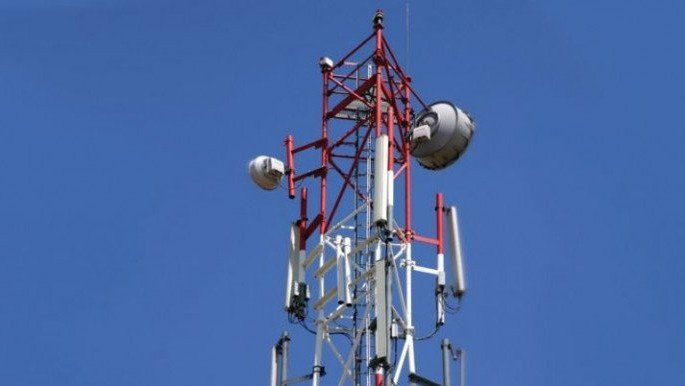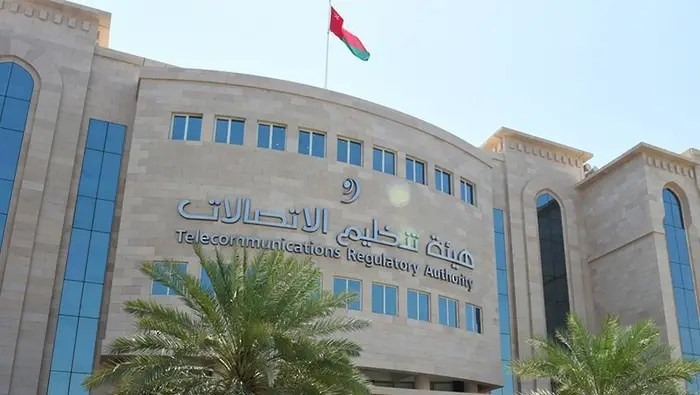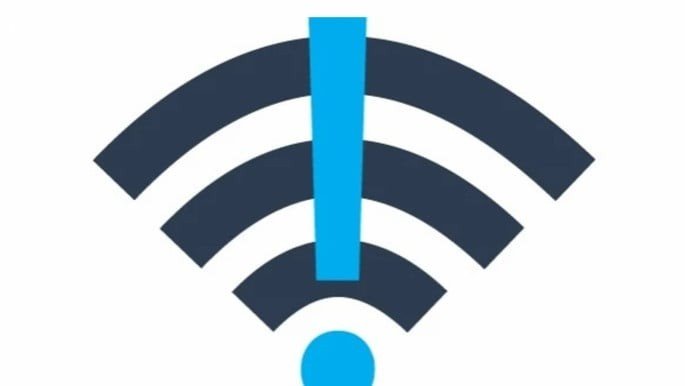Marrakech — Morocco is on the verge of officially launching 5G services, with the government set to approve a final decree this Thursday (October 30) granting exploitation rights to the country’s three main telecom operators — Maroc Telecom, Orange Maroc (Médi Telecom), and Inwi (Wana Corporate).
The move marks the final administrative step before publication in the Bulletin Officiel, which will legally authorize commercial 5G operations. The official nationwide launch is expected to coincide with November 6, commemorating the 50th anniversary of the Green March — a symbolic date for Morocco.
The initial deployment phase will focus on eight key cities and their airports, including the six 2025 African Cup of Nations (AFCON) host cities: Rabat, Casablanca, Marrakech, Fès, Agadir, and Tanger.
Morocco’s National Telecommunications Regulatory Agency (ANRT) awarded the 5G licenses in July 2025 as part of the “Morocco Digital 2030” strategy. Maroc Telecom secured a 120 MHz band for MAD 900 million ($90 million), while Orange Maroc and Inwi each acquired 70 MHz bands for MAD 600 million ($60 million). Collectively, the three licenses total MAD 2.1 billion ($210 million) and are valid for 20 renewable years.
Beyond licensing fees, ANRT projects that total 5G infrastructure investments will exceed MAD 80 billion ($8 billion) by 2035, covering network equipment, fiber optic backhaul, maintenance, and energy costs. Operators are required to achieve 45% population coverage by 2026, expanding to 85% by 2030.
The rollout will begin with non-standalone (NSA) architecture using existing 4G cores, before migrating to standalone (SA) networks for full 5G capabilities. This phased approach allows operators to test equipment, ensure compliance, and optimize pricing strategies.
Morocco’s 5G strategy positions it as a regional leader ahead of other North African markets such as Egypt and Tunisia. The adoption of the 3.5 GHz frequency band aligns with European and Asian standards, ensuring better global interoperability.
According to ANRT, 5G is not just a consumer upgrade but a key enabler for industrial transformation, with expected impacts across manufacturing, logistics, healthcare, and agriculture. Industrial zones are expected to benefit from advanced automation, predictive maintenance, and real-time tracking capabilities.
While technical preparations are complete, commercial activation awaits the decree’s publication. Operators are expected to begin offering 5G services before the end of 2025, following final network calibration and quality validation.















